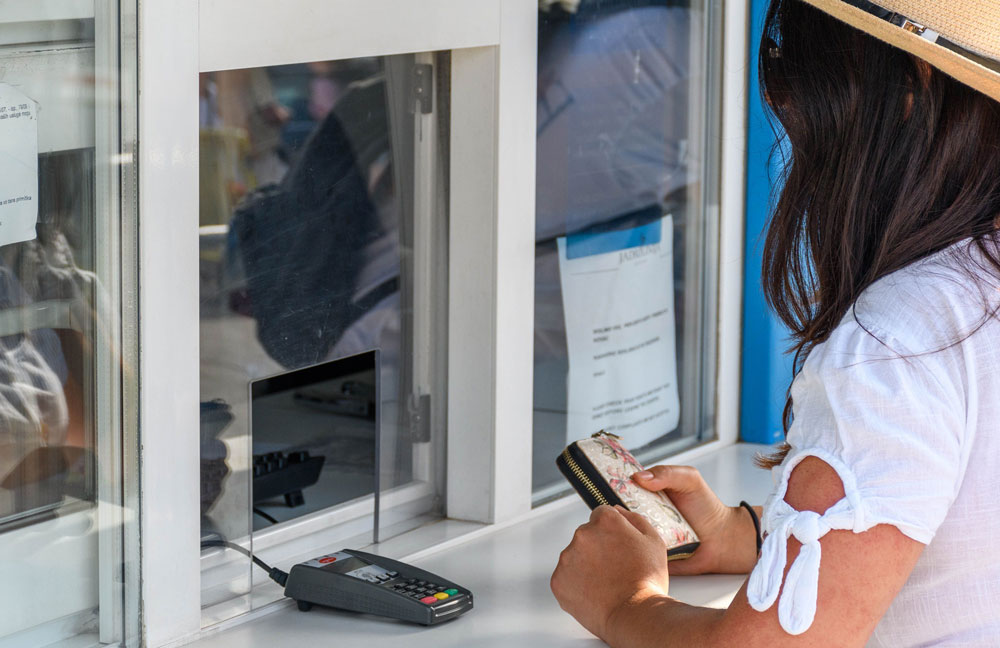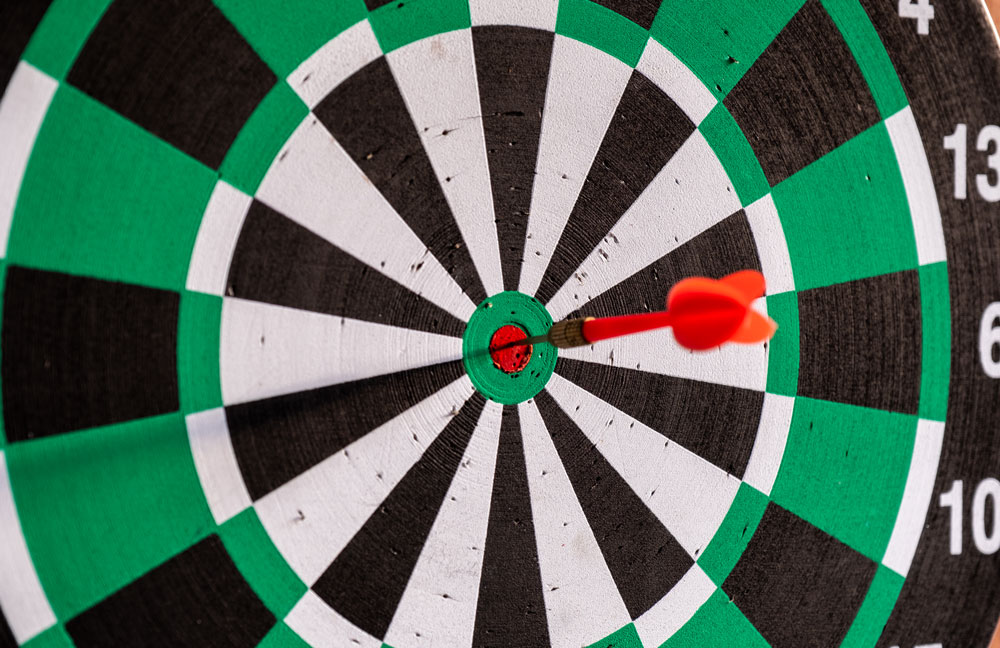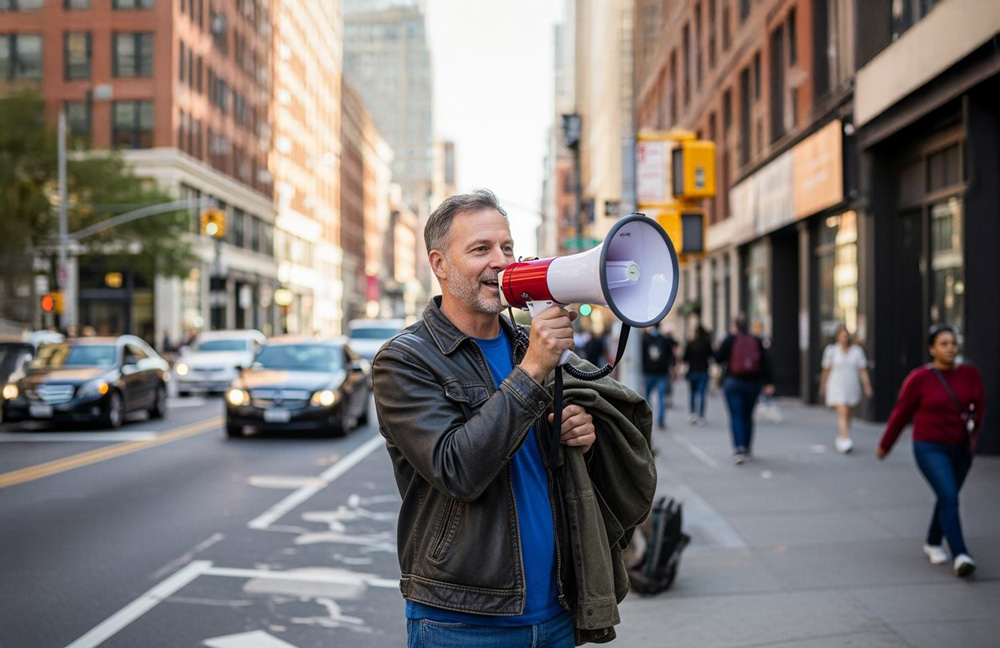How to successfully sell tickets? Practical tips for event organisers

Before diving into ticket sales, it’s essential to clearly define your event’s concept and truly understand your audience.
-
A compelling event concept. Your event should be relevant, distinctive, or presented from a fresh, unexpected perspective – this is how you’ll stand out in a crowded market. The clearer and more compelling the value of your event, the more eager people will be to attend. Ask yourself: what makes this event worth their time?
-
Deep audience insight. Who are your potential attendees? What are their interests, expectations, and what motivates them? The better you know your audience, the more effectively you can tailor your content, communication style, marketing channels, and even ticket pricing. Building a strong connection with your audience not only boosts ticket sales but also fosters genuine commitment to attend.
With a solid concept and a thorough understanding of your audience, you’re ready to move forward – set your pricing strategy, craft engaging descriptions, design compelling visuals, and develop a targeted communication plan.
1. Transparent pricing, flexible ticket options, and additional sales
Price is one of the most important factors influencing the decision to purchase a ticket. Therefore, it is crucial to ensure clear and transparent pricing. All fees should be disclosed upfront, so buyers know the total cost from the start, avoiding any unpleasant surprises. This transparency builds trust and ensures a seamless ticket purchasing experience.
To appeal to a broader audience, offer a variety of ticket options:
Early-bird tickets with limited-time discounts to encourage quick decisions;
Group tickets for families, friends, or teams;
VIP tickets that grant extra privileges or access to exclusive areas;
Free tickets for selected events, social projects, or community initiatives.
Flexible ticketing allows attendees to choose the option that best suits their needs, boosting overall sales.
Also, leverage cross-selling strategies. If you run multiple events or offer extra services like workshops or seminars, provide the option to buy multiple tickets at once or recommend related offerings with messages like, “You might also be interested in…”. This approach not only increases revenue but also nurtures lasting relationships with your audience.
With Paysera Tickets, you can effortlessly implement transparent pricing, manage diverse ticket options, and consolidate sales for multiple events all in one convenient platform.

2. Clear, engaging, and search-optimised event description
Your event page is your virtual storefront – it’s the first impression that often determines whether a visitor becomes an attendee.
To make that impression count, your page should look professional and be easy to navigate on both desktop and mobile devices. Use high-quality images, a clean layout, and prominently display the key information:
Event name;
Date and time;
Location (physical or virtual);
A concise, compelling description of what attendees can expect.
Beyond simply listing details, highlight the unique value of your event. Why should people attend? Which speakers will be featured? What activities and experiences await attendees?
Search engine visibility is equally important. Incorporate relevant keywords into your event title, description, meta tags, and image alt texts. A well-optimised page boosts the chances that your event will be discovered by those actively seeking similar experiences.
Be sure to include clear, prominent calls to action (CTA) like “Buy Tickets Now”, “Register Today”, or “Reserve Your Spot.” These CTAs should stand out and guide visitors effortlessly toward purchasing.
For seamless ticket sales directly from your event page, Paysera Tickets offers easy integration, streamlining the process for both organisers and attendees.
3. Boosting event awareness
Even the most compelling event description and eye-catching visuals won’t have an impact if no one knows your event exists.
Start with consistent communication. Promote your event across multiple channels. On social media, structure your content in stages: announce the event, reveal programme highlights, introduce speakers, share tips for attendees, and give a peek behind the scenes. Don’t just advertise – create a narrative that adds value and builds anticipation.
Next, leverage existing audiences. Ask your speakers, partners, and collaborators to share the event with their followers. Make it easy for them by providing ready-made visuals, text, and links. Organic endorsements from trusted voices can be more effective than paid ads.
Don’t underestimate your ticketing platform, it’s not just for processing sales – it can also amplify your reach. For instance, Paysera Tickets offers free promotional opportunities via social media and newsletters. These channels connect you with an audience already interested in attending events – you’re not trying to convince them why to go out, only which event to choose. Make sure it’s yours.
Awareness goes beyond a single event. Every post, campaign, and visual shapes how you’re perceived as an organiser. Are you building trust, or just chasing short-term attention? Are you being authentic, or relying on generic ads? In the long run, your brand as an organiser can be just as important as the event itself.

4. Seamless participant communication and post-event engagement
Selling a ticket is just the start. To build lasting relationships and encourage attendees to return, you need clear, timely, and meaningful communication – before, during, and after the event.
Right after a ticket is purchased, send a confirmation email that includes all essential details: event location, date and time, login links (for virtual events), and a point of contact for questions. As the event draws near, follow up with reminders, practical tips, and any important updates.
Effective communication reduces uncertainty, builds confidence, and minimises last-minute confusion.
Post-event is your chance to turn participants into loyal fans. Thank them for attending, share memorable moments, photos, or bonus resources. It’s also the perfect time to ask for feedback – their insights can help you refine future events.
Don’t forget to highlight your upcoming events or offer early-bird discounts while your event is still fresh in their minds. A great experience makes participants more likely to return – and to spread the word.
By maintaining thoughtful and consistent communication, you’ll not only enhance the event experience but also cultivate a loyal and engaged community around your events.
Successful ticket sales: A strategy built on thoughtful, impactful steps
Selling tickets successfully is about more than just getting people to click purchase – it starts with a compelling idea, a deep understanding of your audience, and a clear reason why your event should matter to them. Pricing, the event description, promotional visibility, and communication before and after the event all play a vital role. But success lies in the details. The more thoughtfully you prepare each piece of the puzzle, the more naturally your audience will feel drawn to attend your event.
Ready to bring your event to life? Try Paysera Tickets – not just a technical solution, but a trusted partner for every stage of your event planning journey.


